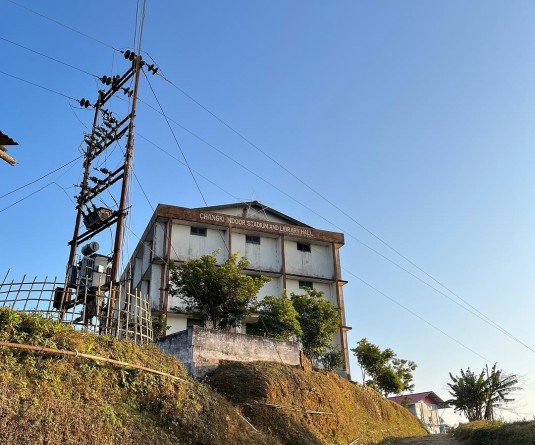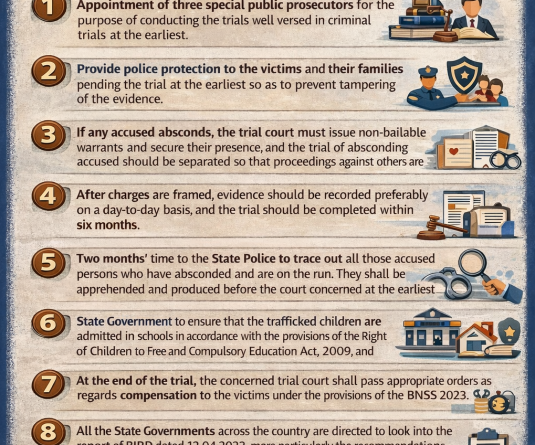
Dimapur, April 18 (MExN): The Indigenous Minority Tribes of Nagaland (IMTN) have come out against the discrimination on rise against non Naga indigenous peoples of Nagaland State through mainstream politics, activism and even bureaucracy.
A press release issued today by IMTN President, K Lun Tungnung, on behalf of the “indigenous minority tribes” in Nagaland State that consist of the Garo, Kachari, Kuki and Mikir/Karbi, has condemned statements made by a newly formed mainstream political party, Nagaland Congress (NC), in equating these tribes to “non-locals and outsiders” while referring to police department appointments in the State.
The IMTN, a conglomeration of four tribes recognized by the Nagaland State as being indigenous to it, termed the labeling of the said tribes as “outsiders” an act of “mischief” and “nothing but an attempt to distort and present a false picture of the status of these tribes.”
“That such discrimination and alienation of these Tribes is nothing new but to equate these Tribes as Non-Local and outsiders is the lowest form of respect and recognition given to us by such responsible newly created Party –Nagaland Congress-run by some of the most veteran and once respected leaders of the State of Nagaland,” the IMTN maintained.
It reiterated that due to such “discrimination, alienation and step motherly treatment within their own ancestral land,” the “condition and position” of the four “indigenous recognized tribes” has fallen with the passage of time, and the fresh attempt to “equate and compare” them with “other non-locals” is “nothing but an attempt to further alienate and discriminate them in their own home and land.”
However, the IMTN appreciated the Nagaland Congress for “unearthing” the instances of “irregular appointments” which, they felt, “need to be checked and investigated further by competent authorities without any bias and prejudices and any tribalism angle involved so that the Local Indigenous Tribes/ Community are not deprived of their chance of employment within their own state of Nagaland as prescribed under various office memorandum by the State Government.”
Historical facts & present scenario
The Nagaland Congress was reminded by IMTN that “for their political goals and attempt to give a shot at the present government, facts and history should not be distorted.”
“The Four Indigenous Tribes are not something that has just cropped up from nowhere, these Tribes are legally recognized by the government both Central and State and duly protected by the Constitution Order of 1970,” highlighted the conglomeration.
The Garo, Kachari, Kuki and Mikir/Karbi, for instance, have been part of the present State of Nagaland even before the State was established on December 1, 1963.
“The history and the settlement of these tribes are as old as any of the other recognized tribes of Nagaland,” stated the IMTN further nothing that the contributions of these tribes towards the Naga movement have been “second to none” with them “equally” shedding “blood and tears with our other Naga Tribes brothers and sisters.”
The history of the Kachari Tribes in Nagaland date back to 10th Century AD “where the reminiscence of their proofs of being the traditional Land owner of Dimapur still stands today and is an Irrefutable evidence of their ownership and being the ancestral Landowner,” noted the IMTN in their press release, stating further that “only because of the magnanimity and hospitality of the Kachari’s Tribes, Dimapur has become the only true mini-Nagaland where every tribes irrespective of their origin and descent can live and settle without any hindrance and discriminations.”
As for the Kuki Tribes in Nagaland, they have been “one of the architects of the Naga National movement…which has been recognized by the Government of India as a uniqueness of Naga History of the submission of Memorandum to Simon Commission in 1929, where Late Lenjang Kuki was one of the signatories-where even some of the major Tribes of Nagaland was missing as signatories in signing such historical document,” informed the body. It was also stated that Haokip, who is still alive, is a “living example” that the Kuki tribes in Nagaland were influential enough to have a member in the Interim Body that led to the creation of Nagaland State in 1963.
“That the attempt to present the Kuki Tribes as Substantial numbers in Police department is another attempt to create mischief and malice intended to tarnish the image of the officers of this tribe, whereas before 1990, the Kuki Tribe had one of the highest numbers of officers as per population ratio in the State of Nagaland but after 1990 the numbers of Kuki officers in state services has been reduced drastically and is as good as non-existent in spite of their ability and capability reason best known to all,” stated the IMTN referring to bureaucratic prejudices that may have crept into the State system.
This is reflected also upon the other tribes recognized as indigenous to Nagaland State. The Kacharis, Garo and Mikir/Karbi, for instance, who “settled even before the Statehood of Nagaland was created or the idea of such State mooted are hardly represented in government services who deserved to be given a Backward Quota looking at their conditions and gravity of their deplorable state.”





